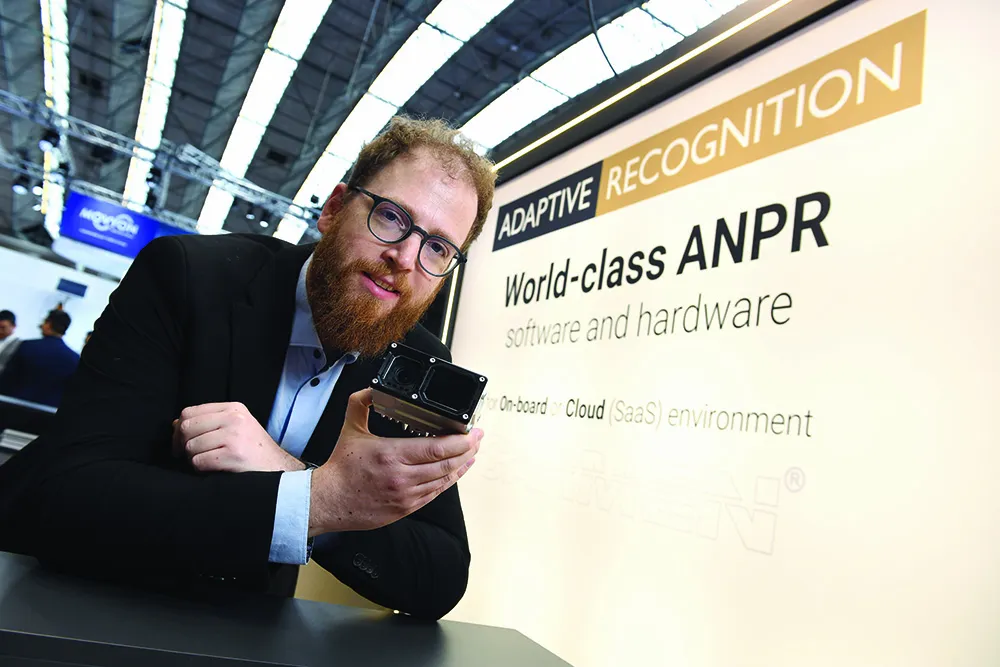The Times has reported that the UK government is drawing up plans to prevent drivers of untaxed or uninsured vehicles from filling up with fuel at petrol stations. The plans would use the existing network of automatic number plate recognition (ANPR) cameras. The cameras are used to record vehicles details of motorists who do not pay for fuel. Pumps at most large forecourts will not start working until an image of the vehicle's numberplate has been captured and logged by an ANPR camera.
March 22, 2012
Read time: 1 min
The Times has reported that the UK government is drawing up plans to prevent drivers of untaxed or uninsured vehicles from filling up with fuel at petrol stations. The plans would use the existing network of automatic number plate recognition (ANPR) cameras. The cameras are used to record vehicles details of motorists who do not pay for fuel. Pumps at most large forecourts will not start working until an image of the vehicle's numberplate has been captured and logged by an ANPR camera.
The proposal would allow the information to be cross-referenced with the DVLA's national vehicle database.
In the UK, around one in 25 drivers do not have insurance.
The proposal would allow the information to be cross-referenced with the DVLA's national vehicle database.
In the UK, around one in 25 drivers do not have insurance.









